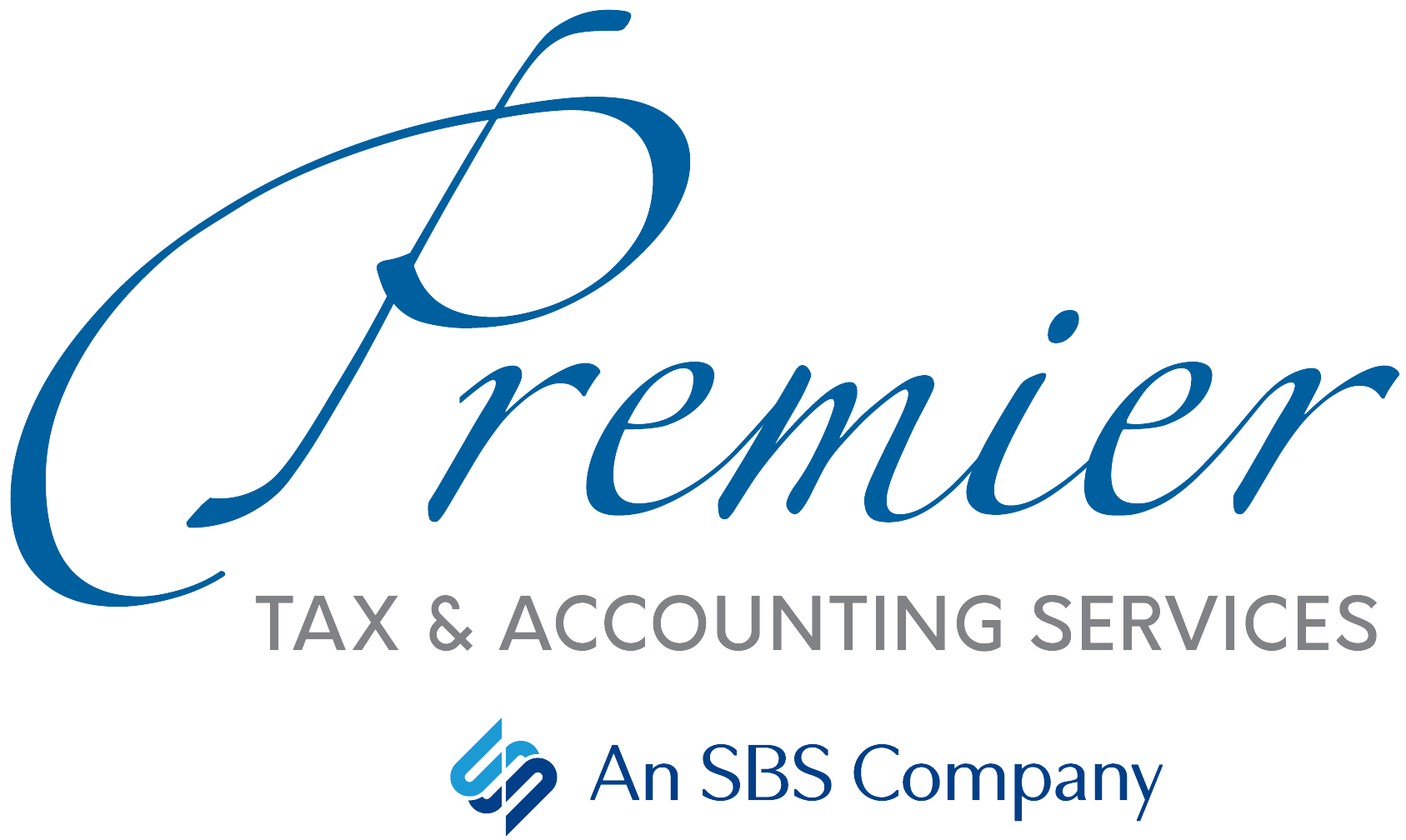T he Taxpayer Certainty and Disaster Tax Relief Act of 2020, enacted last December, provides several deductions for individuals and businesses who give to charity. The law generally extends — through the end of 2021 — temporary tax changes originally enacted by the Coronavirus Aid, Relief, and Economic Security (CARES) Act. Here’s what you need to know:
Deductions If You Do NOT Itemize
Generally, if you take the standard deduction, you cannot deduct your charitable contributions. The law change, however, allows you to claim a deduction of up to $300 ($600 for married filing jointly) for cash contributions made to qualifying charitable organizations.
Most cash donations qualify, except those:
- Made to a supporting organization.
- Intended to help establish or maintain a donor advised fund.
- Carried forward from prior years.
- Made to most private foundations.
- Made to charitable remainder trusts.
(These exceptions also apply to taxpayers who itemize their deductions.)
Cash contributions include those made by check, credit card or debit card, as well as unreimbursed out-of-pocket expenses in connection with volunteer services to a qualifying charitable organization. Cash contributions do NOT include the value of volunteer services, securities, household items or other property.
Deductions If You DO Itemize
If you itemize, you can generally deduct your charitable contributions, but are limited to 20% to 60% of your adjusted gross income, and by type of contribution and charity. The law change now allows you to apply up to 100% of your AGI for qualifying 2021 contributions.
This 100% limit is not automatic, however. You must choose to take the new limit; otherwise, the usual limit applies. And your other charitable contribution deductions reduce the maximum amount allowed under this election.
Deductions for Corporations
The law now permits C-Corps to apply an increased limit of 25% of taxable income for charitable cash contributions made to eligible charities during calendar year 2021. Again, the increased limit is not automatic — C-Corps must choose the increased corporate limit on a contribution-by-contribution basis.
Deductions for Food Inventory
If you own a business that donates food inventory, you may qualify for increased deduction limits. For contributions made in 2021, the limit is increased to 25%. For C-Corps, the 25% limit is based on taxable income. For other businesses (i.e., Sole Proprietorships, Partnerships and S-Corps), the limit is based on total net income for the year. A special method for computing the enhanced deduction continues to apply, as do food quality standards and other requirements.
Keep Good Records
Note that special record-keeping rules apply when claiming a charitable contribution deduction. Usually, this includes obtaining an acknowledgment letter from the charity, and retaining a cancelled check or credit card receipt for contributions of cash. For donations of property, additional record-keeping rules may include filing a Form 8283 and obtaining a qualified appraisal in some cases.
For more details on how to apply the percentage limits and what records you need to keep, contact us today.
Set a Calendar Reminder
Need help remembering when payments are due to the IRS? You can subscribe to the IRS’ Small Business Calendar using Outlook 2007, Outlook 2010 or Mac iCal. Outlook 2003 does not have the ability to subscribe, but you can download the tax events from the calendar. Visit this link for more details.
Are Your Social Security Benefits Taxable?
If you earn income from pensions, wages, interest and more, you may have to pay federal income tax on a portion of your Social Security benefits. Social Security benefits include monthly retirement, survivor and disability benefits. They do NOT include supplemental security income payments, which are not taxable.
The portion of your Social Security benefits that are taxable depends on your income and filing status. To determine if your benefits are taxable, add half of the Social Security you collected during the year to your other income.
Up to 50% of your benefits may be taxable if the total equals:
- $25,000-$34,000, and you are single/head of household/widow.
- $32,000-$44,000, and you are married filing jointly.
Up to 85% of your benefits may be taxable if the total is more than:
- $34,000, and you are single/head of household/widow.
- $44,000, and you are married filing jointly.
We’re happy to help you determine whether your benefits are taxable or not. Just give us a call to set up an appointment.
Video Tax Tip
Check out this IRS video for details on claiming the Home Office Deduction: What’s Allowable?



